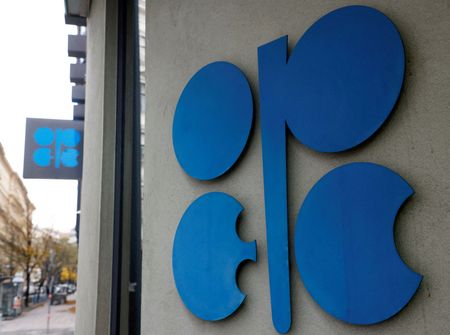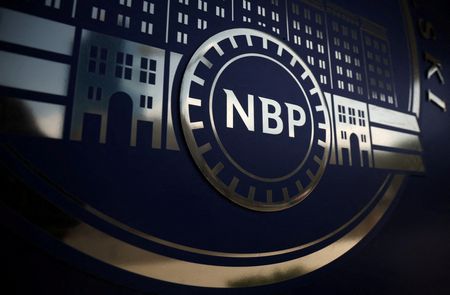By Shadia Nasralla
LONDON (Reuters) – BP may be forced to cut or even scrap its share buyback programmes over the next year unless oil prices recover, analysts say, adding that would increase pressure on its already underperforming shares.
Oil majors and other resource companies have made increased use of share buybacks and dividends to reward shareholders in recent years.
Three analysts said the risk for BP was that weaker oil prices would mean it could not sustain its buyback programme, aggravating the problem of BP’s underperformance versus peers.
A February strategy revamp was designed to overcome investor doubts. The revamp, however, included BP shrinking guidance for its first-quarter buyback to $0.75-$1.0 billion, implying a $3-$4 billion annual buyback, as it tries to cut debt.
This compares with a $3.5 billion buyback programme for the first quarter alone at Shell, which has said it will continue buybacks even if oil prices fall to $50 a barrel.
Currently international Brent crude is trading above $65, but is under pressure from increased output from the OPEC+ producer group and the economic risks of U.S. tariffs.
UBS analyst Joshua Stone said he expected BP’s quarterly buybacks to fall to a quarterly $500 million after the first quarter.
He said the market was pricing BP shares on the basis of a buyback programme of around $3 billion a year.
It means BP’s stock could fall by 15% if it cut the buyback to $2 billion a year and by 30% if the buyback was scrapped, said Stone.
RBC analysts, meanwhile, expect BP to suspend all buybacks next year if oil falls to $60 a barrel.
“Given its higher leverage position than peers, we’ve had more questions on what price BP can sustain its current buyback at than any other company,” RBC analyst Biraj Borkhataria wrote in a note this month.
Bank of America expects BP will cut buybacks to $2.5 billion this year if oil prices trade at $65 a barrel. At $60 a barrel, BofA also anticipates BP would suspend its buybacks.
At its February strategy update, BP said it assumed Brent prices would average $71.5-$74.4 a barrel between 2025-2027, while benchmark Henry hub gas prices would be $4.1-$4.3 per million British thermal units through 2027 compared to the current prices of around $3.
Asked about buybacks, a BP spokesperson referred to the February strategy update, when BP said it aimed to distribute 30-40% of operating cash flow via dividends, which it plans to raise by 4% a year, and buybacks.
BP has said that, in addition to its disposal programme, it is cutting its costs by $4-$5 billion a year, expects its refining business to improve and has projects starting up that will help its cash flow.
BP is due to report first-quarter results on April 29.
(Reporting by Shadia Nasralla; editing by Barbara Lewis)









